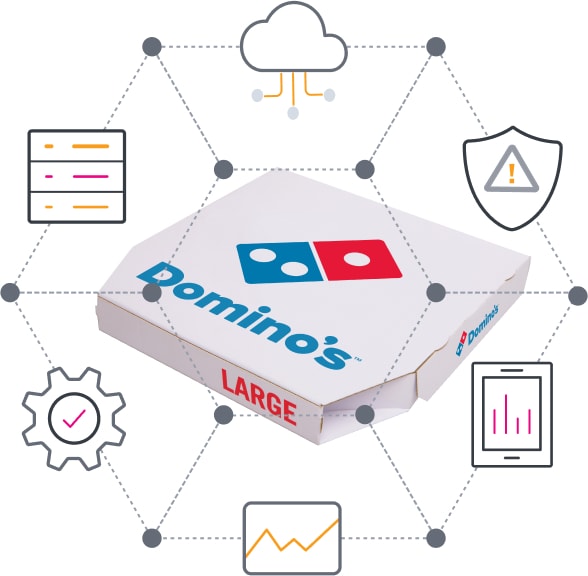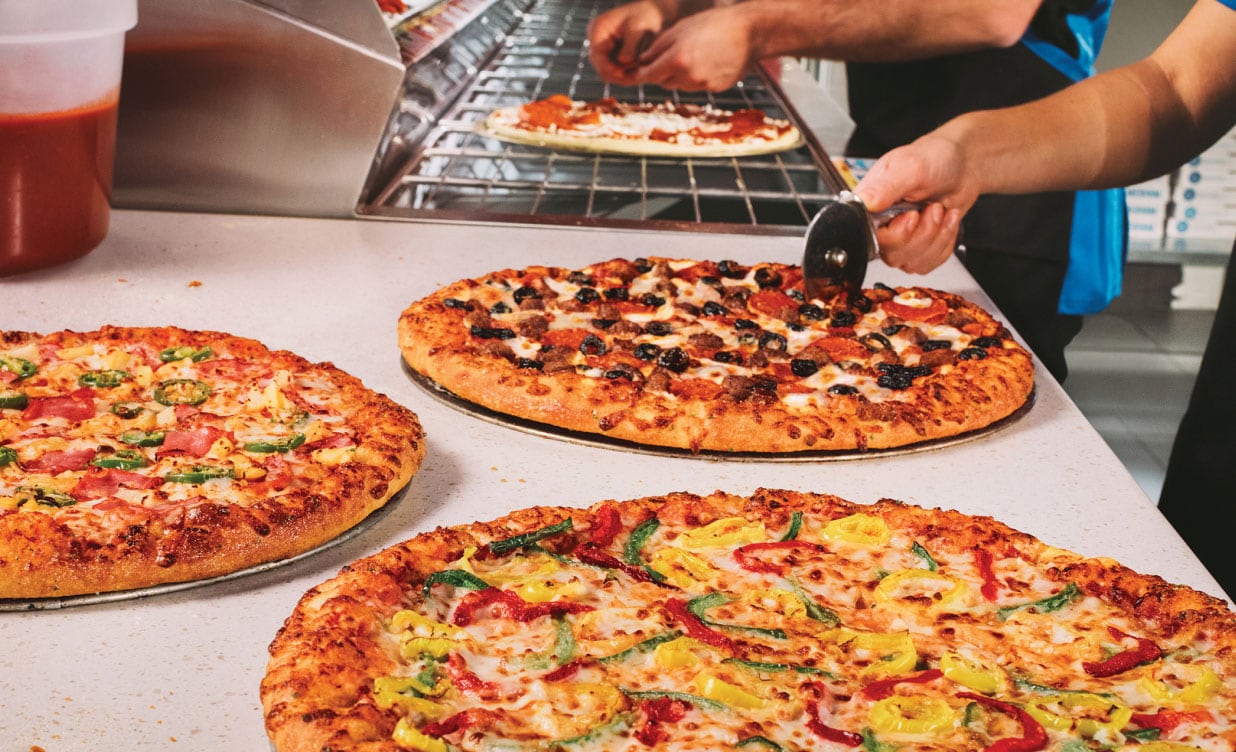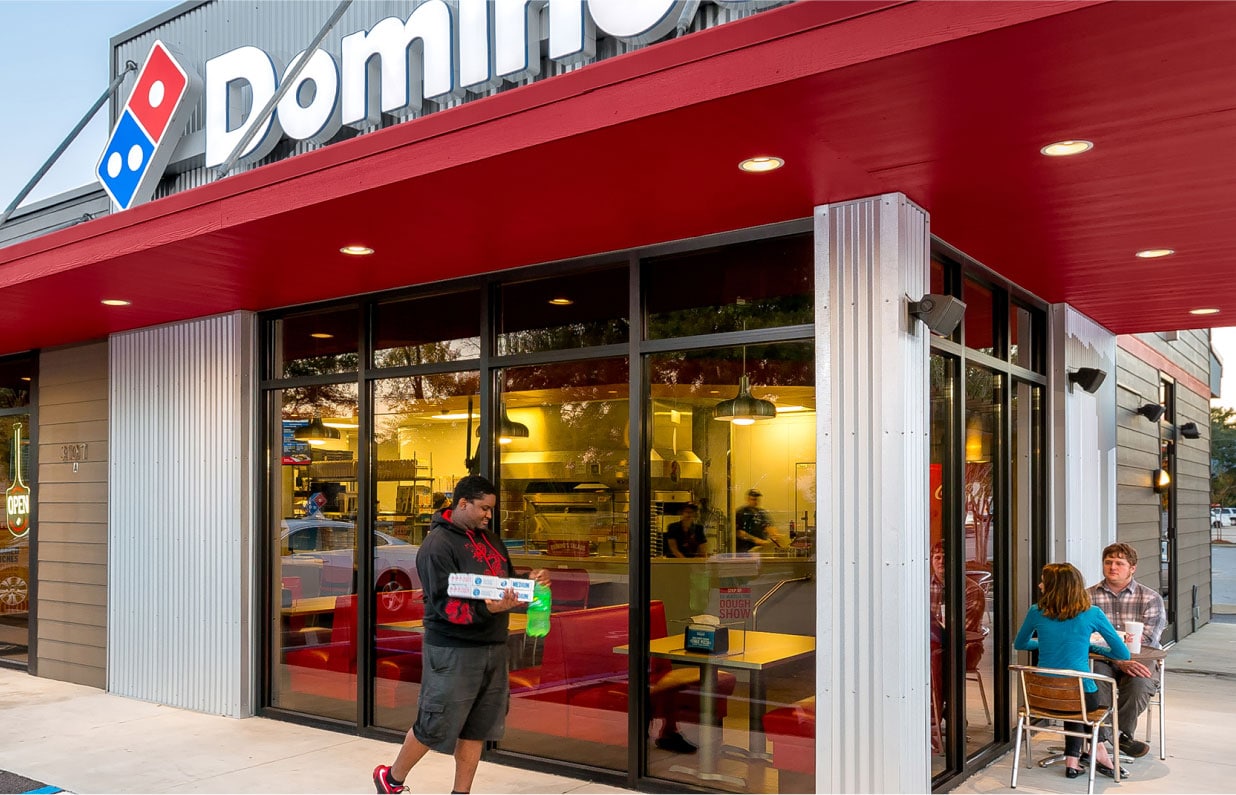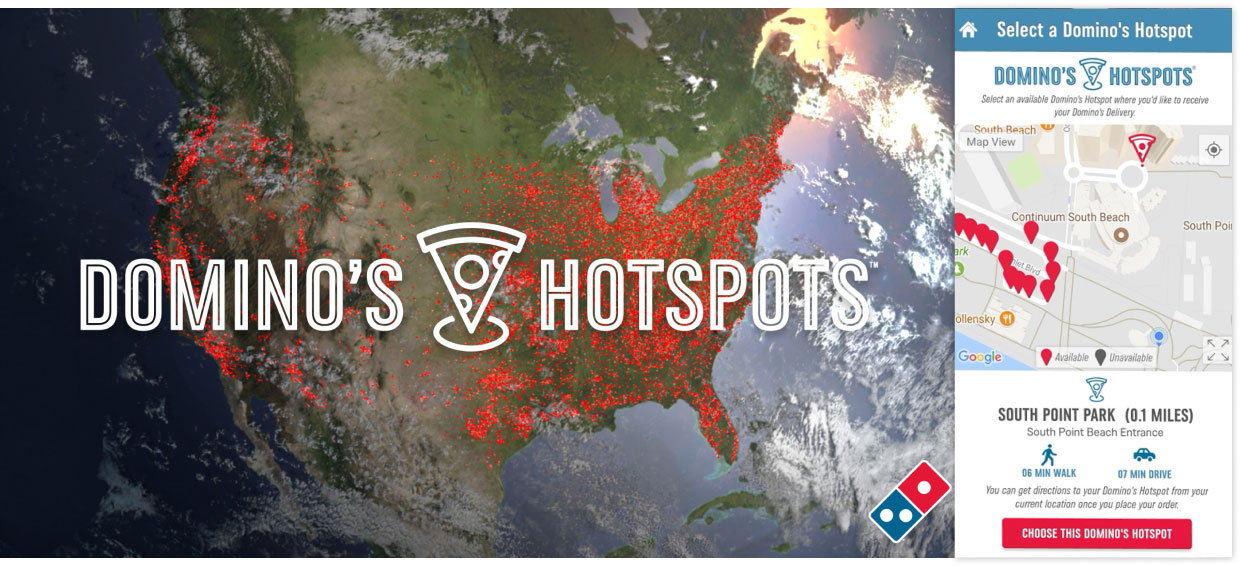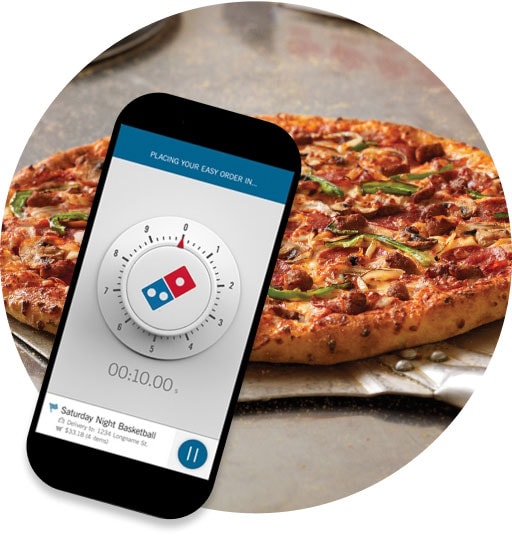The hardest part about getting pizza should be deciding which toppings you want, not how you’re going to order. A key factor in Domino’s rise to the top has been simplifying each step of the ordering process, providing customers with digital options that are convenient and fuss-free. “We heard time and time again that our customers want to be able to order as quickly and easily as possible,” says Mike Cox, operational intelligence architect at Domino’s. “They don't necessarily want to order through the website; they want to be able to just say something to their Echo.”
To make ordering convenient and simple, Domino’s now has over 15 different digital ordering channels — including smart TVs, Amazon Echo and Google Home devices, mobile phone apps, Slack, social media and smart watches — that collectively generate 65% of sales in the United States.
Splunk makes sure that simplicity for the customer doesn’t mean overwhelming complexity for those managing the technology. “With all the additional channels to order through, we have to be able to monitor everything from security and operational aspects to new releases and developments — and that’s all fed into Splunk,” Cox says. “Splunk helps us with every real-time transaction. We can understand what’s happening with our orders, services, website and applications. When we have all that data together, we can improve processes both internationally and domestically.”
